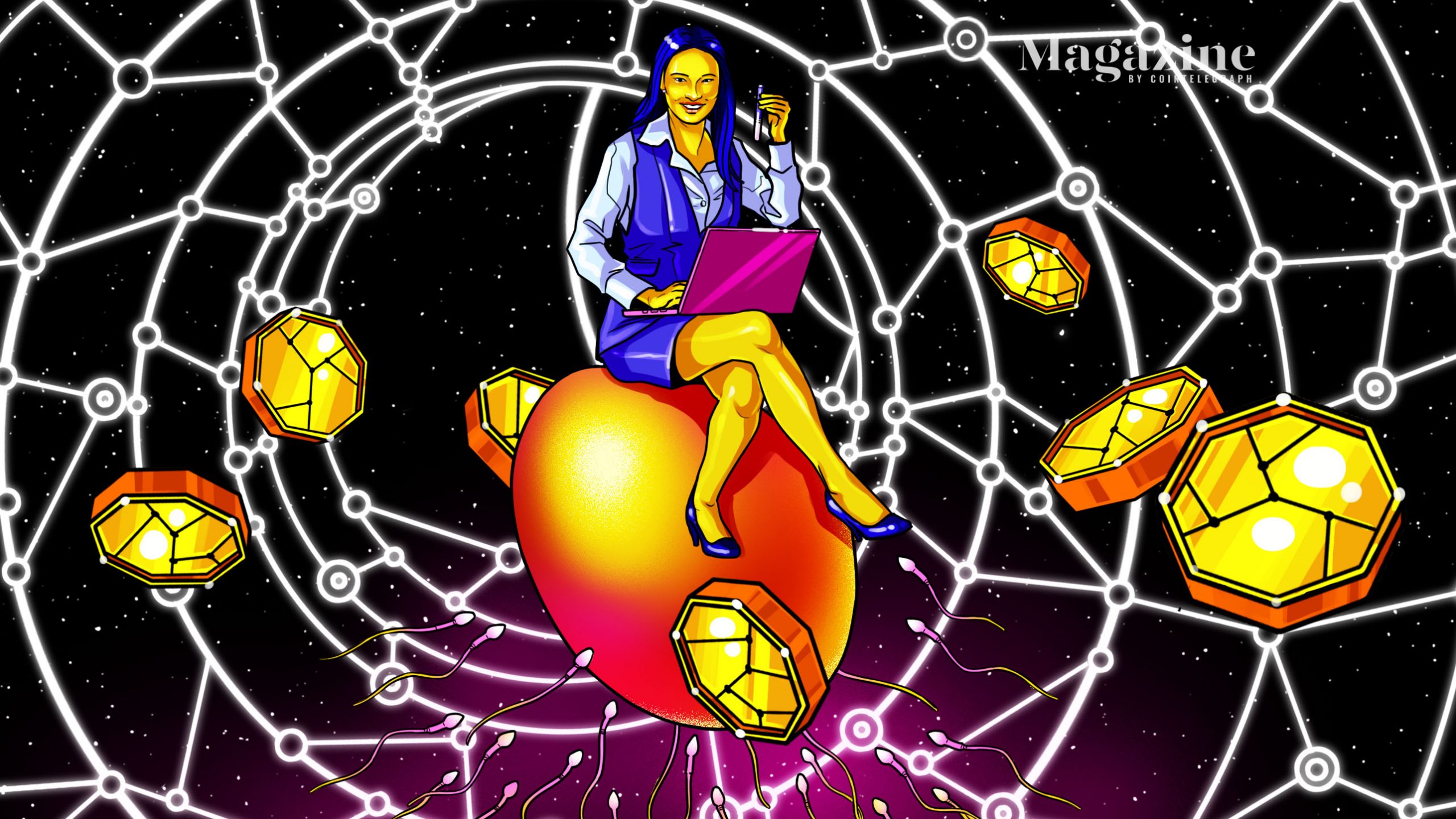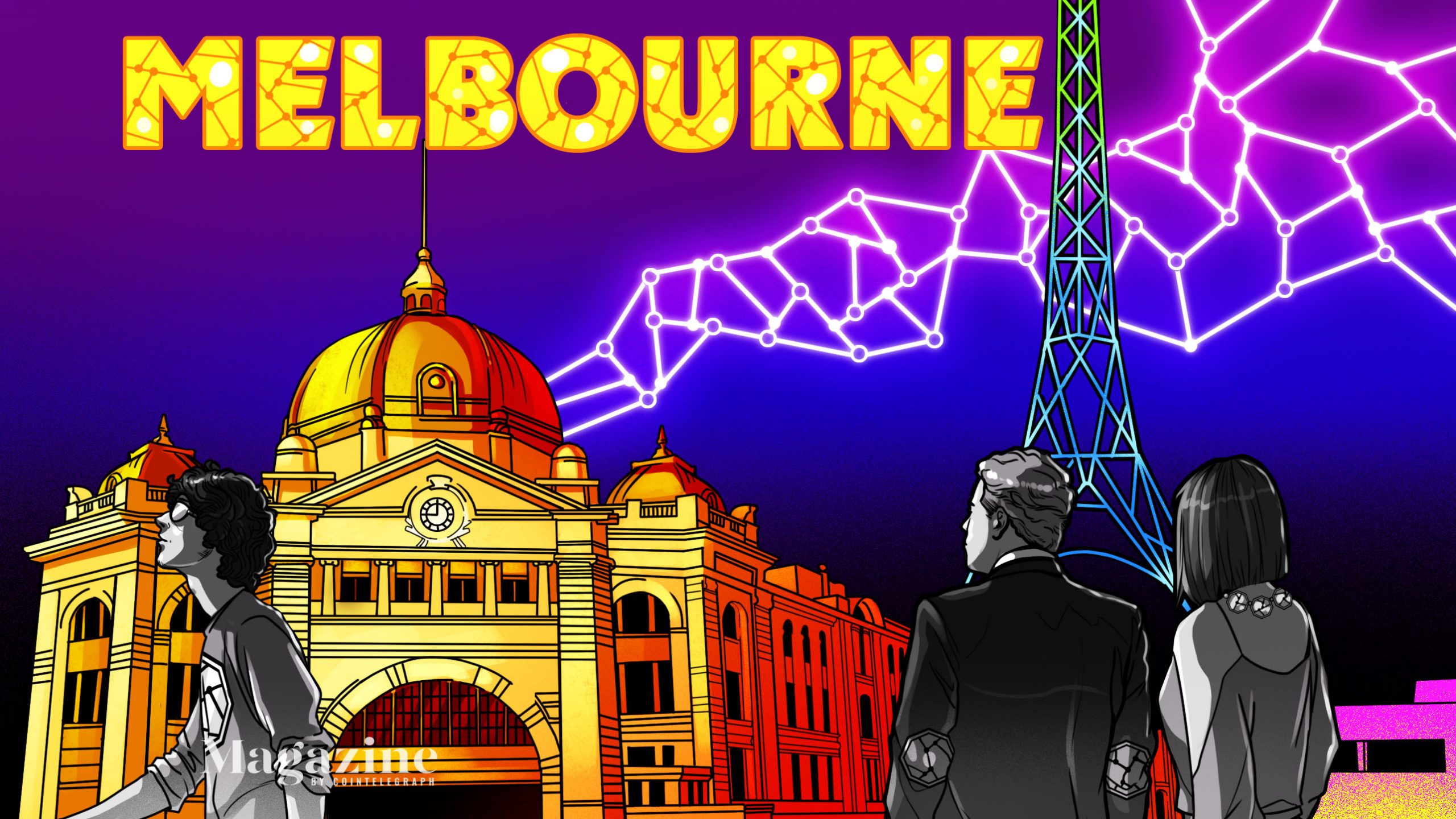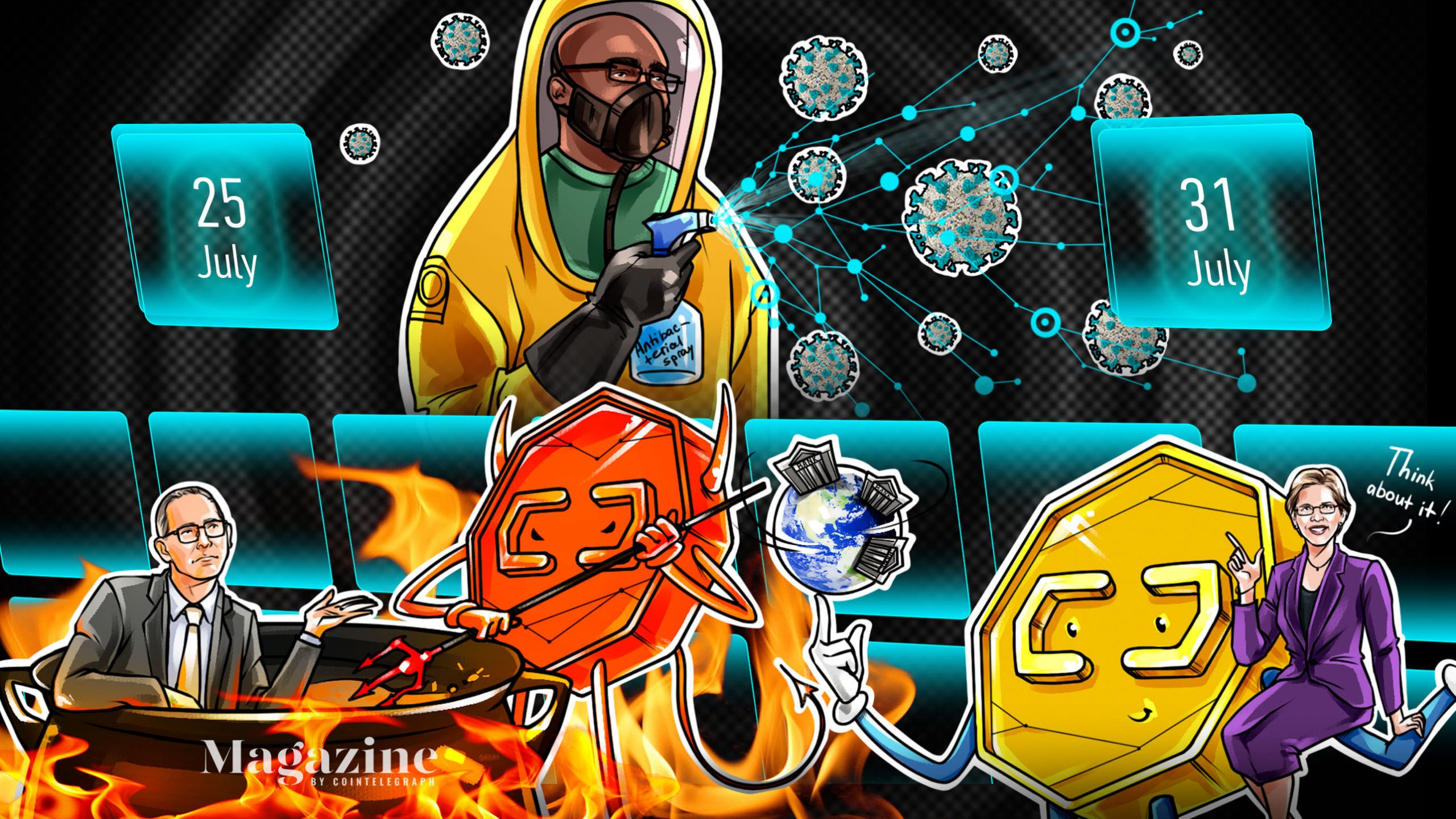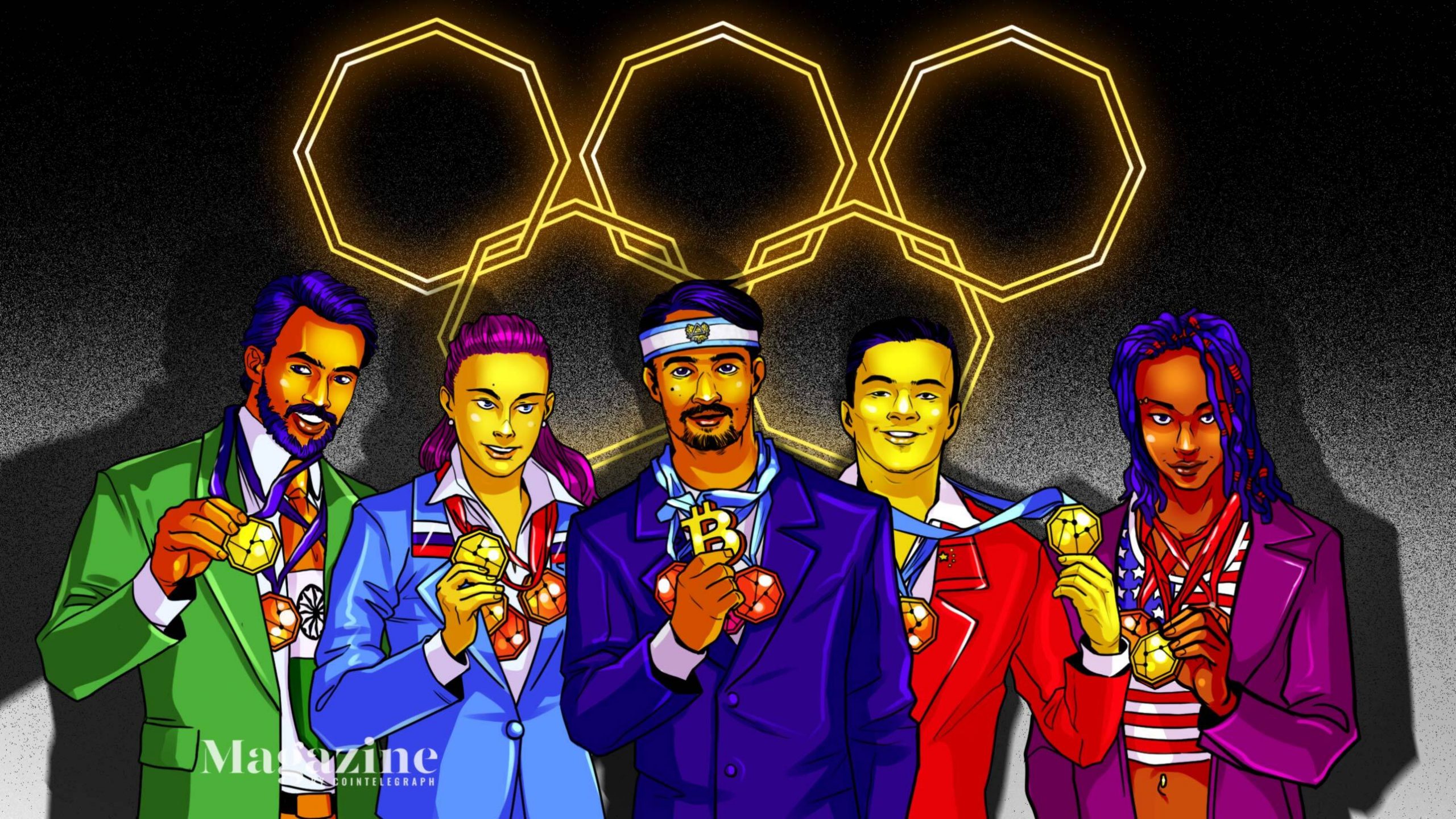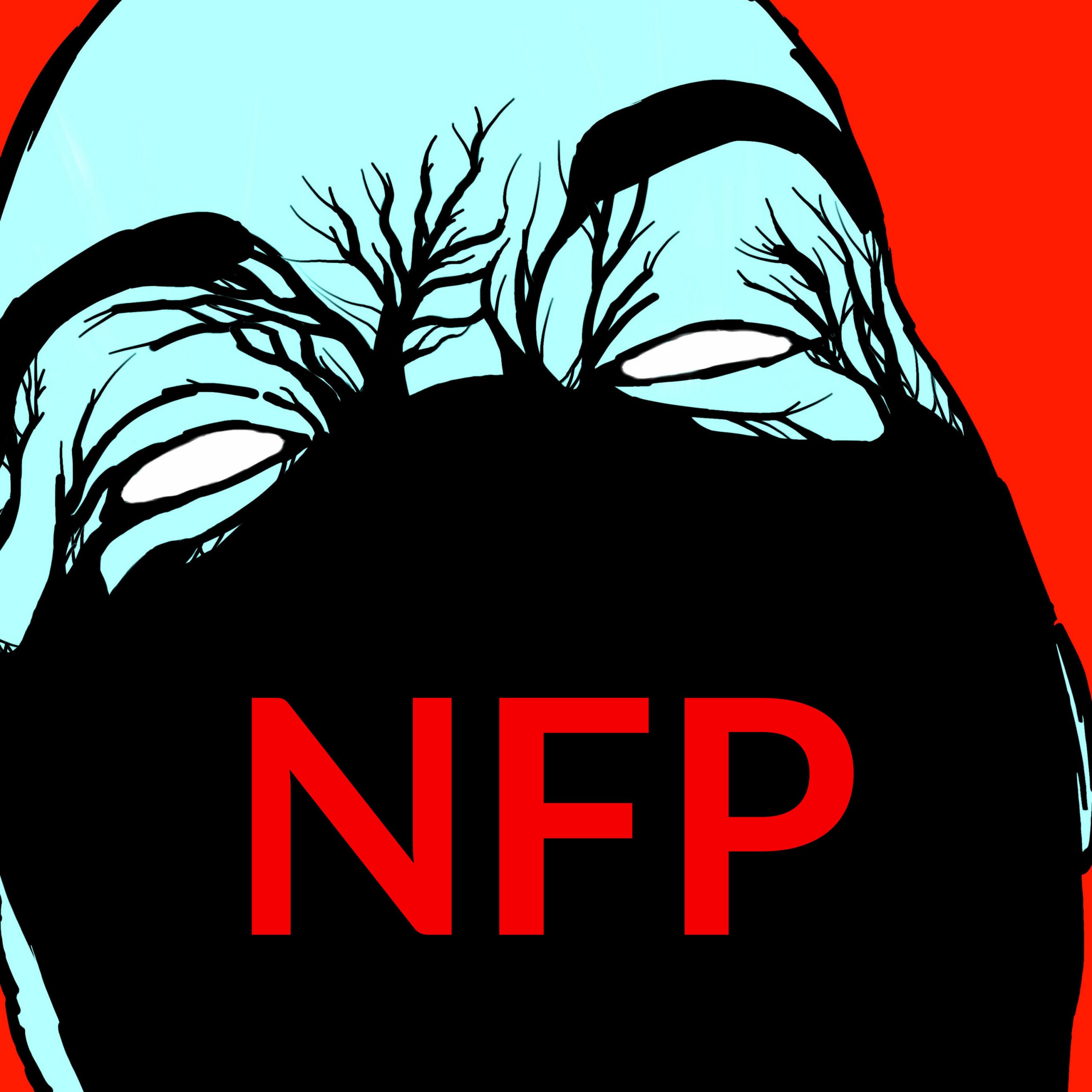
Chainlink hackathon, OKExChain nets $2B TVL, and Tencent unveils ‘magic’ NFT platform – Cointelegraph Magazine
This weekly roundup of news from Mainland China, Taiwan, and Hong Kong attempts to curate the industry’s most important news, including influential projects, changes in the regulatory landscape, and enterprise blockchain integrations. Much like last week, China’s minor COVID flareups dominated the headlines as the country seeks to avoid more serious lockdowns. Cryptocurrency managed to stay out of the news, which considering the regulation recently, can only be viewed as a good thing. Much love for the layer-twosOn August 3, IOSG Ventures and Chainlink hosted the Demo Day of the Layer-Two Hackathon in Shanghai. The event aimed to support developers working on scaling solutions for Ethereum and was backed by major projects such as Polygon, Near, The Graph, and Matter Labs. The winning team, which won bounties and mentorship, was a Synthetix-based asset management project. The winners called themselves ObjK and used querying technology from The Graph to pull data from Synthetix, achieving an automated cross-pool portfolio rebalance. A number of layer two protocols attended the hackathon. China’s development community maintains a very cohesive and collaborative attitude. (Source: IOSG Ventures) Layer-twos have always been popular in China, particularly as users feel less concerned about custodial risks and decentralization. Last week, OKEx officially launched OKExChain, which is an EVM-compatible layer-two network similar to what other large exchanges have released.This is of interest due to OKEx’s large userbase, which ranks second only to Binance when sorted by volume. Layer-two networks released by exchanges often lack some of the technical strengths of the dedicated layer-two networks but have a massive advantage in access to users, assets, projects and communities.OKExChain was evidence of this as it amassed over $2 billion in assets in the first week. About $350 million of that is on AMM CherrySwap, which appears to be quite liberally based on BSC’s PancakeSwap. That TVL would rank around the 30th biggest DeFi app on all networks, around the size of OlympusDAO on Ethereum and BakerySwap on BSC. KSwap, another AMM platform on OKExChain, racked up over $684 million in 24-hour trade volume on Thursday, which puts it second behind Uniswap V3 for the busiest dApp in the industry. Of course, the challenge will be on the applications and network to maintain these early numbers after the generous APYs have been reduced to more sustainable numbers.Tracking adoption elsewhereDespite declining DEX trading volume on both BSC and Huobi Eco Chain, BSC recently saw an explosion in activity around CryptoBlades, an NFT game that accounted for more than three times the transaction volume of the entire Huobi Eco Chain on Thursday.Ultimately, for chains like Huobi ECO or OKExChain to compete with other layer-two networks, they must find a way to recruit unique app developers to their ecosystems, rather than relying on ports or forks from other networks. As Axie Infinity has shown, any blockchain network can become loaded full of transactions and users if the right application is deployed on it. Source: Bscscan.com China’s own shadowy super-codersAccording to a Chainanalysis report, more than $2.2 billion worth of cryptocurrency had been sent from Chinese wallets to addresses associated with illicit activity in the two-year period between April of 2019 and this summer.The bulk of this is related to the infamous PlusToken ponzi scam that took place in late 2019. Since then, the number of addresses engaging in scams and illegal activity has shrunk dramatically, indicating that Chinese clampdowns are having some impact on consumer protections.Regulators seem to be taking satisfaction in their victories, as evidenced by an article from a People’s Bank of China working conference last week, where the digital currency crackdown was mentioned in a list of 2021 efforts to date.Tech giants eyeing up the NFT spaceCrypto companies aren’t the only ones feeling the wrath of Chinese regulators these days. Over the past week, hundreds of billions of dollars have been wiped from Chinese tech stocks including online education, delivery, and video gaming.Tencent, which invests in a number of major game publishers, suffered a more than 17% drop in stock price this month alone. Still, that didn’t stop it from announcing this week that it would release an NFT trading platform that roughly translates as “Magic Core”. Third parties can reportedly release NFT artwork on the platform, and it’s designed by just one of several teams within Tencent that are developing NFT related services. Due to China’s strict regulatory policies, most of the NFTs launched by the major internet companies are built on private chains or consortium chain technology. Alibaba also launched an NFT platform in late June.







